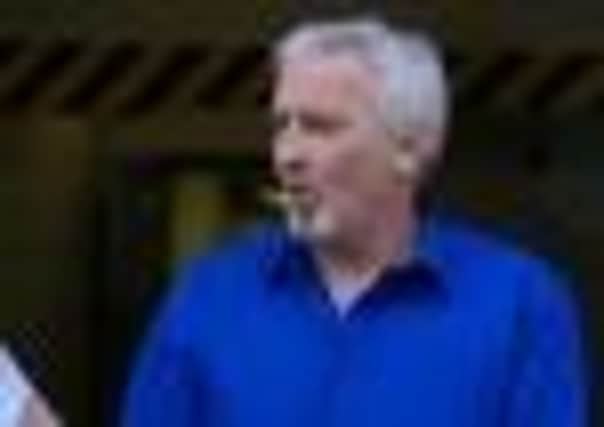Nat Fraser appeal delay: Lawyers study paperwork


• A new appeal by Nat Fraser, convicted twice of killing his wife Arlene, has been delayed
• Lawyers for Fraser are studying newly-discovered police paperwork not previously submitted in court
Advertisement
Hide AdAdvertisement
Hide Ad• Fraser is “just digging to see what he can come up with”, says Arlene Fraser’s father
The documents relate to surveillance of Fraser after Arlene Fraser had vanished from her home in New Elgin, Moray, in April 1998.
They were found during a review by Grampian Police, prior to the creation of Police Scotland on 1 April, of 1,100 boxes of papers held by the force. The papers were among material which had nothing to do with the Arlene Fraser inquiry.
Fraser’s QC, John Scott, told the Court of Criminal Appeal in Edinburgh, that the implications of the discovery were unknown at this stage, but he wanted more time to carry out investigations.
“It may be it comes to nothing, but I would like to identify the officers in the material and speak to them. If there is anything in it, I would need to seek to amend the ground of appeal,” said Mr Scott.
Arlene Fraser’s father, Hector McInnes, 72, said he was “not really concerned” by the development.
“He (Fraser) is just digging to see what he can come up with, looking to see if the Is have been dotted and the Ts crossed,” said Mr McInnes.
Fraser, 54, was found guilty in May last year of arranging the murder of his estranged wife, Arlene, 33, who vanished from the family home on the day she was to have seen a solicitor about a divorce. Her body has never been found.
Advertisement
Hide AdAdvertisement
Hide AdFraser, 54, had a cast-iron alibi, but the prosecution persuaded the jury that he had paid someone to carry out the killing. He was jailed for life with a minimum of 17 years in jail.
A jury in 2003 had also returned a guilty verdict, and although Fraser lost an appeal to the Court of Criminal Appeal in Edinburgh, a retrial was allowed when the Supreme Court in London held that his trial had been unfair because evidence was not disclosed to the defence lawyers.
His current ground of appeal centres on a controversial moment in the retrial at the High Court in Edinburgh.
No attempt had been made to keep secret the fact that it was a second trial for murder, and that Fraser had been convicted on the first occasion and won an appeal.
However, it was not intended that the jury should know anything of an incident, about a month before Mrs Fraser disappeared, when her husband grabbed her by the throat with such force that he caused deep bruising to the neck and haemorrhaging to the eyelids. He was jailed for 18 months for the attack.
A witness at the trial made reference to Fraser’s personality changing “after he had been imprisoned for a previous incident”, and other comments had also been made which prompted Mr Scott to argue for the trial to be aborted and started again with a fresh jury.
However, the judge, Lord Bracadale, decided that the trial should continue. He said it was sufficient that he should direct the jury to ignore what had been said.
The judges at the Court of Criminal Appeal in Edinburgh, Lords Eassie, Clarke and Menzies, said it was unfortunate that the appeal could not be heard as planned, and they set a date in June for a report on the progress made by the defence in the investigation of the new papers.